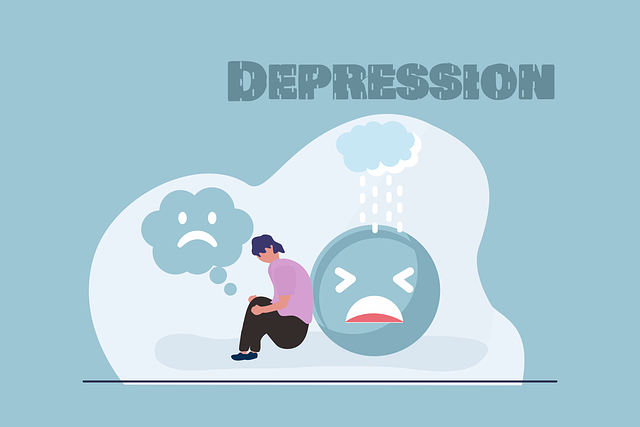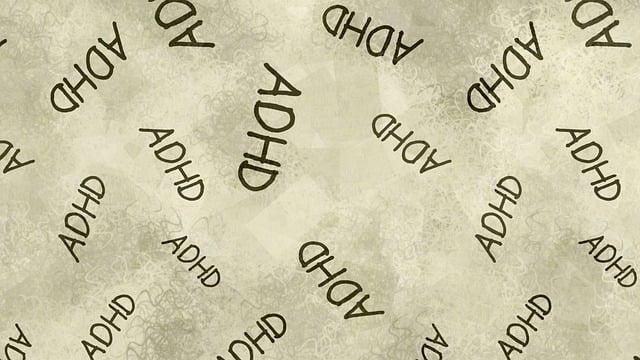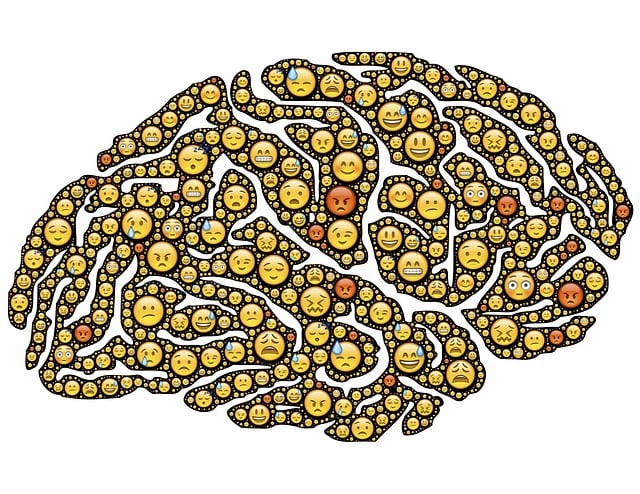Arvada approaches mental health holistically, focusing on early intervention for conditions like panic disorder and anxiety attacks through individual therapy and community outreach. A comprehensive coaching program should integrate evidence-based practices such as cognitive-behavioral techniques, mindfulness exercises, and stress management to create a safe space, reduce stigma, and foster emotional healing. Implementing this program requires strategic partnerships with schools, community centers, and healthcare providers, direct engagement through workshops and peer support groups, and leveraging digital platforms for accessibility. Evaluating success should include both client satisfaction and measurable improvements in symptoms, quality of life, self-care routines, conflict resolution skills, and social skills using standardized tools like the Global Improvement Scale (GIS) or Visual Analogue Scales (VAS).
In today’s fast-paced world, mental wellness is a cornerstone of overall health. This article explores the development of Mental Wellness Coaching programs, focusing on Arvada’s approach to treating panic disorder and anxiety attacks. We delve into designing comprehensive coaching strategies, effective engagement tactics, and evaluation metrics. By understanding local perspectives like Arvada’s, we can enhance support systems, ensuring success in mental health therapy initiatives, particularly for panic disorder and anxiety attacks.
- Understanding Mental Health Challenges: Arvada's Perspective on Panic Disorder and Anxiety
- Designing a Comprehensive Coaching Program for Effective Support
- Implementation Strategies: Reaching and Engaging the Target Audience in Arvada
- Measuring Success: Evaluation Metrics for Panic Disorder and Anxiety Attack Therapy Programs
Understanding Mental Health Challenges: Arvada's Perspective on Panic Disorder and Anxiety

In Arvada, understanding mental health challenges like panic disorder and anxiety attacks is a cornerstone of the community’s approach to mental wellness. These conditions are more than just fleeting moments of unease; they represent complex neurological states that can profoundly impact daily life. Many individuals struggle silently, facing barriers to seeking help due to stigma, fear, or lack of awareness about available resources. Arvada’s response has been multifaceted, with a focus on both individual therapy and community outreach programs.
Through innovative Mental Wellness Coaching Programs Development, the city has implemented initiatives aimed at early intervention and support. These efforts extend beyond traditional therapy models, incorporating strategies such as community workshops, peer support groups, and accessible online resources to address depression prevention and anxiety management. By fostering a culture of open dialogue and destigmatizing mental health conversations, Arvada is transforming lives one step at a time, ensuring that those dealing with panic disorder and anxiety attacks have the tools and support they need to lead fulfilling lives.
Designing a Comprehensive Coaching Program for Effective Support

When designing a comprehensive coaching program for mental wellness, it’s crucial to integrate evidence-based practices tailored to address various aspects of an individual’s well-being. For those seeking help for Arvada panic disorder and anxiety attacks therapy, a balanced approach that combines cognitive-behavioral techniques, mindfulness exercises, and stress management strategies can be highly effective. This holistic method not only helps clients manage symptoms but also fosters emotional healing processes, enabling them to lead more fulfilling lives.
The program should be structured to create a safe, non-judgmental space where participants feel comfortable exploring their thoughts and emotions. Incorporating elements of mental illness stigma reduction efforts can further enhance the support system, fostering a sense of community and understanding. Regular check-ins, progress tracking, and personalized feedback loops ensure that the coaching remains relevant and impactful throughout the journey.
Implementation Strategies: Reaching and Engaging the Target Audience in Arvada

In Arvada, implementing mental wellness coaching programs requires a strategic approach to reach and engage the target audience effectively. One key strategy is to leverage community partnerships and local organizations that cater to individuals struggling with panic disorder and anxiety attacks. By collaborating with schools, community centers, and healthcare providers, these programs can gain visibility and trust within the community. Hosting informational sessions, workshops, and peer support groups in accessible locations allows for direct engagement with those in need, breaking down barriers and fostering a sense of comfort and openness to seek therapy.
Additionally, utilizing digital platforms and social media can significantly enhance reach and engagement. Online resources offering insights into managing anxiety, along with interactive tools for stress reduction, can appeal to tech-savvy individuals in Arvada. Incorporating resilience-building techniques and emotional well-being promotion strategies through virtual coaching sessions or webinars ensures accessibility without geographical constraints. Encouraging participants to share their experiences and success stories on social media platforms further amplifies the impact of these programs, fostering a supportive online community that leverages inner strength development for mental wellness.
Measuring Success: Evaluation Metrics for Panic Disorder and Anxiety Attack Therapy Programs

Evaluating the success of mental wellness coaching programs, particularly those focused on Arvada Panic Disorder and Anxiety Attack Therapy, requires a robust evaluation framework. Metrics should go beyond simple client satisfaction to capture tangible improvements in symptoms and quality of life. One effective approach is to employ pre-post assessments using standardized tools like the Global Improvement Scale (GIS) or Visual Analogue Scales (VAS). These measures allow for quantifying changes in anxiety levels, frequency and intensity of panic attacks, and overall functional impairment.
Additionally, tracking self-care routine development can offer valuable insights into long-term success. Encouraging clients to maintain practices such as regular exercise, mindfulness meditation, and healthy sleep habits post-therapy demonstrates the program’s ability to empower individuals with sustainable coping strategies. Supplementing this with periodic assessments of conflict resolution techniques and social skills training provides a comprehensive view of clients’ progress in managing various aspects of their mental health.
Mental wellness coaching programs, as exemplified through Arvada’s approach to treating panic disorder and anxiety attacks, hold significant potential in empowering individuals. By combining comprehensive design, tailored implementation strategies, and robust evaluation metrics, these programs can effectively address mental health challenges. The success of such initiatives in Arvada serves as a testament to the transformative power of coaching, encouraging further development and adoption to enhance the well-being of folks facing panic disorder and anxiety attacks in today’s digital era.












